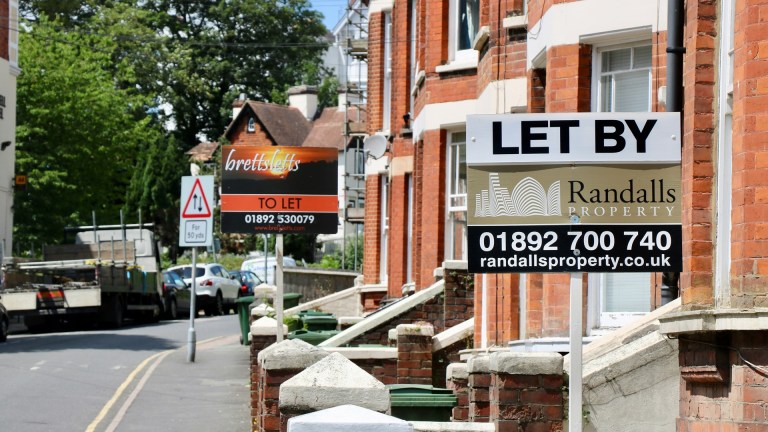“It really depends on who you’re living with – some live-in landlords can be very particular on what lodgers can and can’t do,” he says. “Letting out a room brings a vulnerability to both parties. You’re living with someone with more power than you, which can make it a tricky situation.”
But this is a popular way to rent. The proportion of people in the UK letting a room almost doubled from 1.4 per cent to 2.7 per cent between 2009 and 2014, according to research for the insurance firm LV. This surge is partly down to the government’s Rent A Room scheme, which gives landlords relief from income tax on profits of up to £7,500 when they rent out a spare room.
Portia Msimang of Renters’ Rights London gets a lot of calls from lodgers living with their landlords.
Many owner-occupiers became landlords to cover costs, and their tenants, who are officially called excluded occupiers, are often in a vulnerable position because their landlord can lay down any number of unreasonable criteria, Msimang says.
“I’ve noticed it’s often people who haven’t rented in the UK before, so they don’t know their way around the situation. They can, and often do, end badly” she says.
Msimang advises excluded occupiers get an agreement in writing from their landlord before moving in, including the notice they would give before eviction. But for some, agreeing on such terms isn’t enough to prevent the situation from going wrong.
When her job came to an end, Ellen, whose name has been changed for this article, decided to move to a much-coveted area in Central London to rent a room as an excluded occupier.
My landlord came across a bit neurotic, but I didn’t mind too much at the time
She found a bedroom in an old house for around £700 per month and met her new landlord a few times before moving in in October.
“There were already some red flags at this point. My landlord came across a bit neurotic, but I didn’t mind too much at the time.”
When Ellen moved in, she realised the house was dusty and cold, and the washing machine wasn’t working properly and needed a thorough clean. She proceeded with caution, but eventually decided to bring up the issue with her landlord.
“I cleaned the washing machine and did a wash, but my clothes came out dirty and covered in residue. I had to go and find a dry cleaner on a Friday night, carrying a bag full of clothes.”
And in Central London, she adds, this isn’t cheap.
“But when I told her this, she got so offended. I said I was happy to arrange for a plumber to come and replace it, but I could see this had damaged our relationship.”
After coming back from a work trip, Ellen realised her landlord had started picking up on small things.
“She took me to the bathroom and said that since I moved in, more paint has peeled off the walls around the shower. It’s possible, but it’s a really old house, with paint peeling off most walls and it could’ve been wear and tear.”
Ellen offered to arrange for it to be fixed, but when she rang someone, they asked so many questions about the flat that she went to put her landlord on the phone instead.
“She flipped out. She almost pushed me out of the room and slammed the door in my face,” Ellen says.
“Since then, she’s started going into the bathroom after me and moving things around. One time, she went into the bathroom in the middle of the night and I heard her shout and slam doors. It woke me up and scared me so much I didn’t sleep.”
Ellen now spends as little time in the house as possible and hopes to hand in her notice as soon as possible.
But she has mixed feelings about filing a report with the website through which she found her room, because while she doesn’t want anyone else to go through what she’s gone through, she also knows the rent is a big stream of income for her landlord, and doesn’t want to exacerbate what she suspects are mental health problems.
For Ellen and many other excluded occupiers in London and other cities, marginally cheaper rent is a big price to pay.









